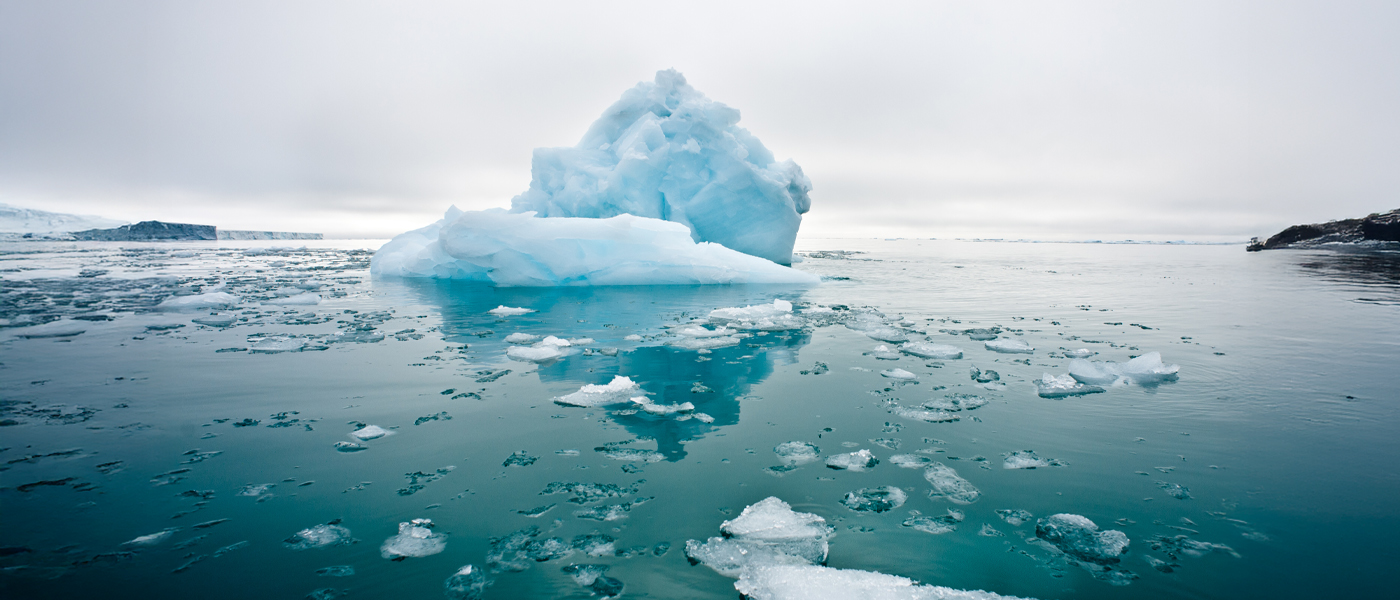Researching climate tipping points

Researchers from UofG will lead a new £1.3m partnership which aims to develop a network of underwater sensors to monitor the vital signs of the planet's warming oceans.
The project, led by Professor Martin Lavery of the James Watt School of Engineering, is one of 27 programmes funded by ARIA which aim to enhance climate change response by developing an early-warning system for tipping points.
ARIA, a research and development funding agency created to unlock technological breakthroughs that benefit everyone, funds teams of scientists and engineers to pursue research at the edge of what is scientifically and technologically possible.
Major parts of the Earth system are at risk of crossing climate tipping points within the next century, with severe consequences for biodiversity, food security, agriculture and humanity.
The programme's funding will help build early-warning systems for climate tipping points, equipping leaders with the information they need to adapt to and mitigate the worst impacts of climate change.
Professor Lavery will lead the Optical Geophysical Sensors Networks for Ocean Monitoring project.
The team is developing a novel hybrid communication and sensing platform called the Optical Reconnaissance and Communication Antenna (ORCA) that leverages structured light to sense the underwater environment and provide cable-free communications between autonomous networks of underwater sensors.
Through coordination with satellite imaging, the 'pod' of ORCAs will travel the oceans, mapping hydrography in space and time. This high-resolution underwater mapping of oceanic currents, depth-resolved temperature, particulate content and salinity will be critical for monitoring emerging geophysical and biogeochemical reactions of our oceans to climate change.

